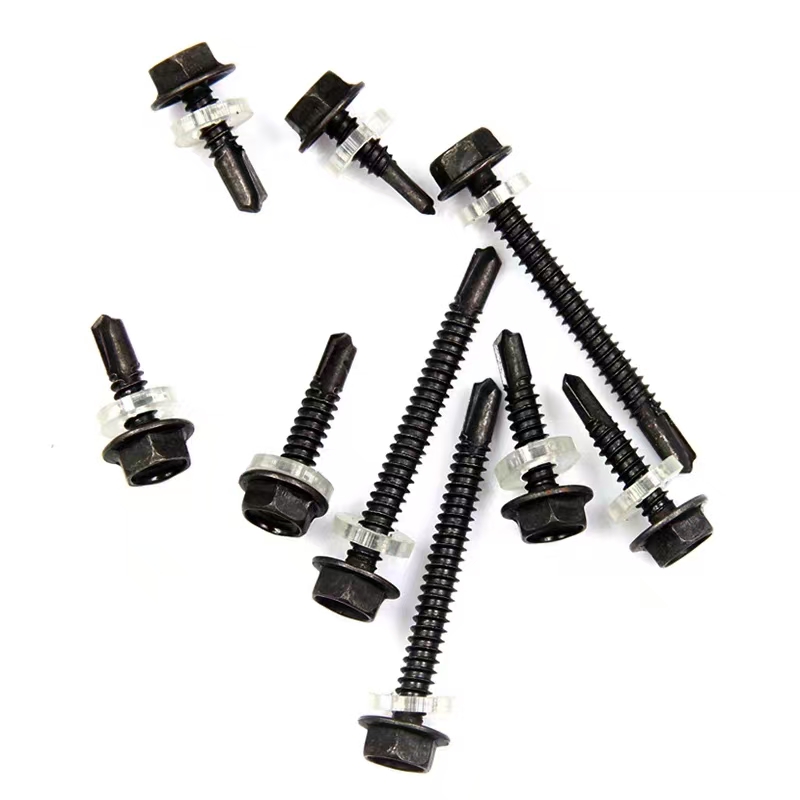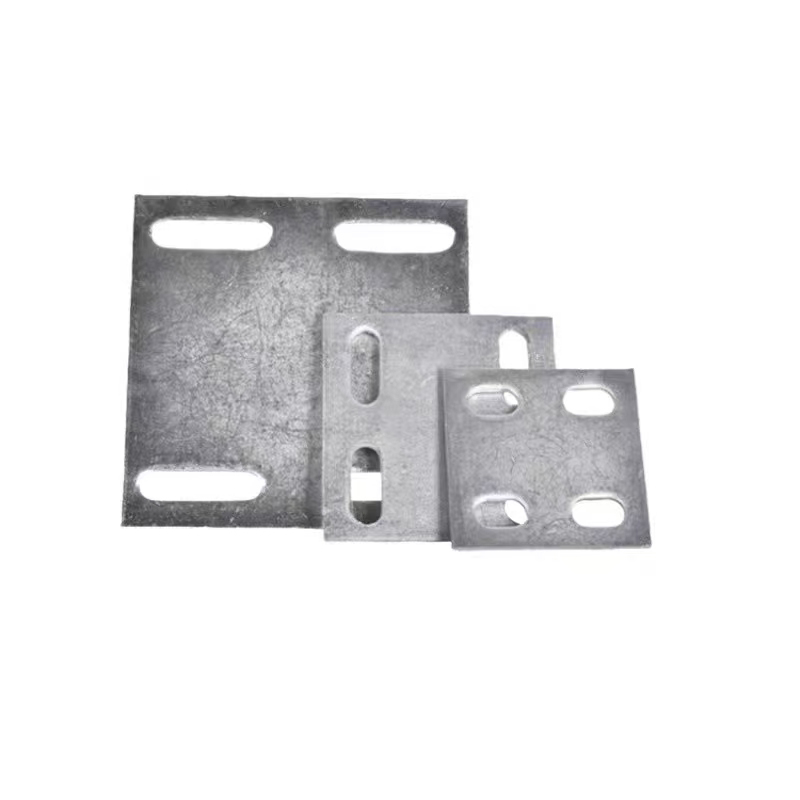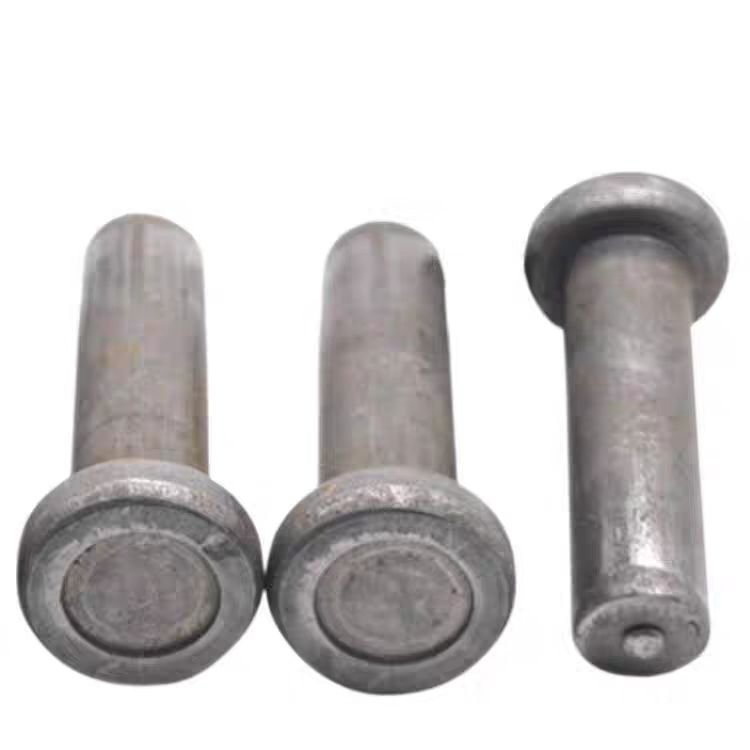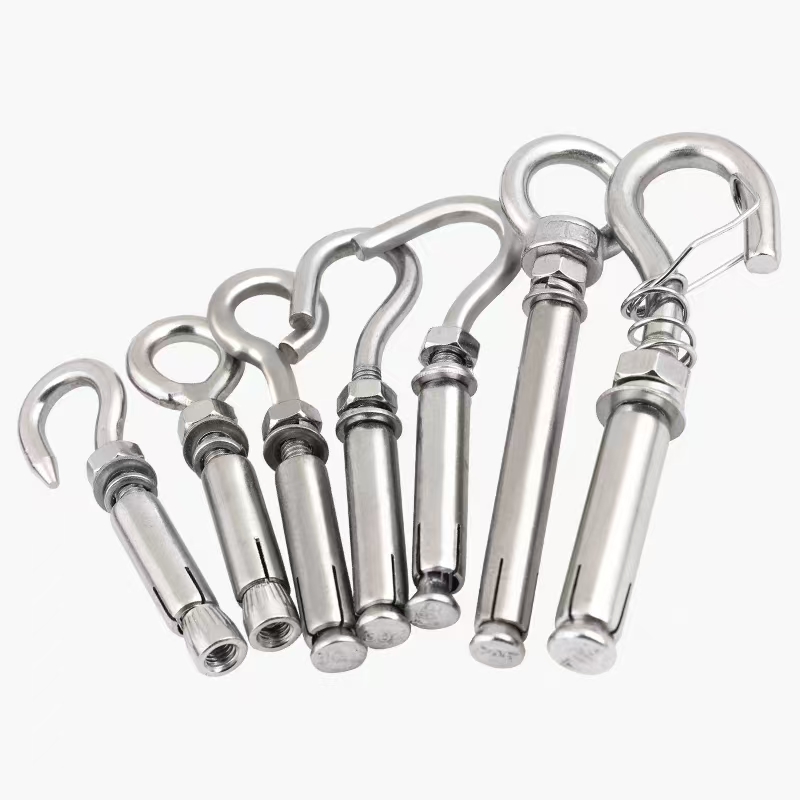- Chinese
- French
- German
- Portuguese
- Spanish
- Russian
- Japanese
- Korean
- Arabic
- Irish
- Greek
- Turkish
- Italian
- Danish
- Romanian
- Indonesian
- Czech
- Afrikaans
- Swedish
- Polish
- Basque
- Catalan
- Esperanto
- Hindi
- Lao
- Albanian
- Amharic
- Armenian
- Azerbaijani
- Belarusian
- Bengali
- Bosnian
- Bulgarian
- Cebuano
- Chichewa
- Corsican
- Croatian
- Dutch
- Estonian
- Filipino
- Finnish
- Frisian
- Galician
- Georgian
- Gujarati
- Haitian
- Hausa
- Hawaiian
- Hebrew
- Hmong
- Hungarian
- Icelandic
- Igbo
- Javanese
- Kannada
- Kazakh
- Khmer
- Kurdish
- Kyrgyz
- Latin
- Latvian
- Lithuanian
- Luxembou..
- Macedonian
- Malagasy
- Malay
- Malayalam
- Maltese
- Maori
- Marathi
- Mongolian
- Burmese
- Nepali
- Norwegian
- Pashto
- Persian
- Punjabi
- Serbian
- Sesotho
- Sinhala
- Slovak
- Slovenian
- Somali
- Samoan
- Scots Gaelic
- Shona
- Sindhi
- Sundanese
- Swahili
- Tajik
- Tamil
- Telugu
- Thai
- Ukrainian
- Urdu
- Uzbek
- Vietnamese
- Welsh
- Xhosa
- Yiddish
- Yoruba
- Zulu
- Kinyarwanda
- Tatar
- Oriya
- Turkmen
- Uyghur

wholesale Hexagon socket bolt
Understanding Wholesale Hexagon Socket Bolts in Detail
In the world of fasteners, the intricacies of a seemingly simple component like the hexagon socket bolt can be surprisingly complex. A quick dive into the industry reveals common misconceptions and critical insights, particularly for those involved in wholesale procurement.
The Basics of Hexagon Socket Bolts
Often referred to as Allen bolts, the hexagon socket bolt features a hexagonal drive hole, allowing for a more secure and less damaging application. That basic feature does wonders in environments where precision and strength are paramount. In my early days, I underestimated the importance of hex quality and faced stripped sockets more than once.
The materials matter just as much. Stainless steel offers corrosion resistance, while high-tensile steel provides strength. Each application demands its own specification. During one project, we opted for a cheaper variant without proper corrosion resistance, only to see significant degradation within months.
And then there's sizing. Metric or imperial, this often depends on the geographical or industry standards. Mismatches here lead to logistical nightmares. I recall a shipment ordered in the wrong standard—it caused not just financial strain but also threw our timelines off balance.
Wholesale Considerations
The wholesale game is about volume—ensuring consistent quality across thousands or even millions of units. But it isn't just a numbers game. Establishing a reliable supply chain, like with Handan Zitai Fastener Manufacturing Co., Ltd., located conveniently in Handan City, Hebei Province, can significantly cut logistics hassles.
Handan Zitai, found at https://www.zitaifasteners.com, has been pivotal due to their strategic location near major transport routes. We once faced an urgent need, and their proximity to the Beijing-Guangzhou Railway made overnight fulfillment a possibility.
Yet, every deal calls for due diligence. I've seen cases where the broad claims of 'premium quality' go unverified until the bolts fail under pressure. Always insist on testing samples and verifying manufacturing processes—it's not being overly cautious, just prudent.
Quality Verification
Testing and verification are non-negotiable. Specifications on paper can falter in real-world applications. I've had products from supposedly reputable manufacturers fall short during torque testing. Internal inspection and third-party verification are critical steps.
For instance, ensuring each batch adheres to ISO standards can save both face and functionality. It's about being that extra bit meticulous—checking material certifications, surface treatment processes, and even packaging standards.
What's less obvious is the failure distribution analysis. A single batch might pass tests, but occasional failures can indicate process variations. Those can be costly in high-stakes applications, where a single bolt's failure might lead to systemic issues.
Logistical Challenges
With a product like the hexagon socket bolt, logistics play a crucial role. Shipment delays or inconsistencies can wreak havoc on schedules. Here, proximity to major transport networks, like that of Handan Zitai's facility, can offer an edge.
One particular issue I encountered involved customs clearance hiccups due to incomplete documentation. Since then, ensuring every shipment's documentation is watertight has become second nature.
Moreover, forecasting demand accurately can avoid overstocking or under-ordering. This requires a keen understanding of project timelines, lead times, and potential market changes. Experience taught me that maintaining a bit of buffer stock can sometimes be the smartest play.
Industry Trends and Innovations
Even in a mature sector like fasteners, innovations creep in. The introduction of advanced materials or coatings that enhance performance can add tangible benefits. Staying updated with industry trends through seminars or manufacturing tours provides a competitive edge.
Recently, self-locking mechanisms integrated into the bolt design caught my attention. Implementing these can reduce downtime caused by loose fittings in heavy machinery.
In conclusion, navigating the world of wholesale hexagon socket bolts demands both technical and logistical insight. From understanding specifications and ensuring quality to managing supply chains efficiently, each component in the process plays a critical role. This isn’t just about moving product—it's about building sustainable, reliable partnerships and ensuring impeccable execution at every stage.
Related products
Related products
Best selling products
Best selling products-
 Colored zinc-plated gaskets
Colored zinc-plated gaskets -
 Colored galvanized hexagonal drill tail wire
Colored galvanized hexagonal drill tail wire -
 Welding nails
Welding nails -
 T-bolt (T-slot bolt)
T-bolt (T-slot bolt) -
 Electrogalvanized nuts
Electrogalvanized nuts -
 Electrogalvanized chemical bolts
Electrogalvanized chemical bolts -
 Electroplated galvanized gaskets
Electroplated galvanized gaskets -
 Black zinc-plated hexagonal drill tail wire
Black zinc-plated hexagonal drill tail wire -
 Umbrella handle anchor (J-type anchor bolt/umbrella handle embedded bolt)
Umbrella handle anchor (J-type anchor bolt/umbrella handle embedded bolt) -
 Colored zinc-plated nuts
Colored zinc-plated nuts -
 Hot-dip galvanized embedded plate
Hot-dip galvanized embedded plate -
 Steel structure welding studs
Steel structure welding studs














